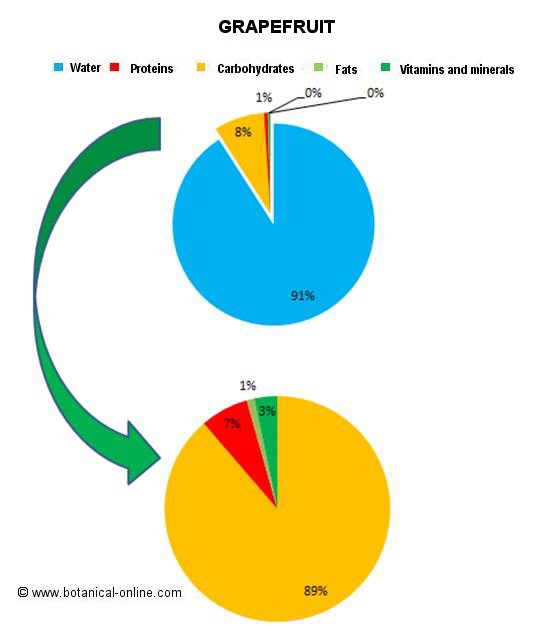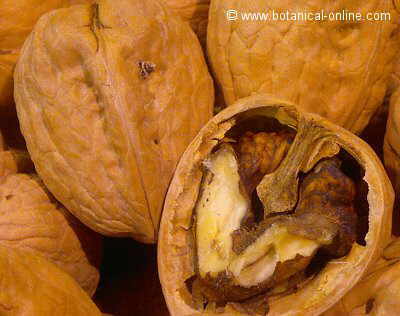Contents
What are simple carbohydrates?
Simple carbohydrates are composed of simple sugar molecules or two grouped molecules of simple sugars.
From a scientific point of view, they correspond to monosaccharides (single sugar molecule).
They differ from complex carbohydrates because the latter may consist of two sugar molecules joined together (disaccharides) or by the union of many combinations of simple carbohydrates. (Oligosaccharides or polysaccharides)
The oligosaccharides are complex carbohydrates that contain between 3 and 10 mono-and polysaccharides are complex carbohydrates formed by the union of many monosaccharides or the union of many disaccharides and polysaccharides.
Main simple carbohydrates
Among the major simple carbohydrates which belong to monosaccharides there are glucose, fructose, galactose and ribose.
From a dietary point of view, many experts have considered disaccharides as simple carbohydrates. Among the main carbohydrate belonging to the disaccharides we have sucrose, lactose and maltose.
Why to limit simple carbohydrates?
Foods such as sugar, bakery products, products made with refined flour, sweets, ice cream or fruit and fruit juices are rich in simple carbohydrates. All, except fruit and fruit juices, are recognized dietetically as “empty calories” or “zero calories”, that is high in calories but they lack of other much needed nutrients for good health.
Eating these foods in a very moderate is good but get used to eating this type of sugar implies avoiding other foods that provide other nutritional properties.
The fruits (apples, pears, peaches, apricots, etc) would be the exception within this group because, although they contain many simple carbohydrates, like fructose, they are recommended as they also contain simple carbohydrates and other components such as vitamins, minerals or fiber.
It is more appropriate to eat the whole fruit, instead of fruit juice, since the latter removes the pulp, which has a higher proportion of complex carbohydrates and fiber than the amount that remains after the juice is squeezed.
Why complex carbohydrates are better?
Compared with the rapid metabolism of simple carbohydrates, complex carbohydrates, as its name suggests, operate in a more complex way.
Since they are larger and more complex molecule, before being absorbed they have to break down in simple carbohydrates so as to be assimilated. This entails that, once foods containing this type of carbohydrate are ingested, the glucose molecules are released slowly so that sugar levels in the blood are kept lower and more stable, for much longer than when we eat simple carbohydrates.
Consequently, our body is satiated during more time and it is not forced by the hunger to eat more frequently. When not ingesting so many calories, there are less probabilities of accumulating excess fat in the organism.
On the other hand, when maintaining stable the sugar levels in the blood, we can avoid the periods of hyperglycemia or hypoglycemia and prevent diseases like diabetes and other metabolic diseases.
![]() More information on complex carbohydrates and other aspects of metabolism.
More information on complex carbohydrates and other aspects of metabolism.









